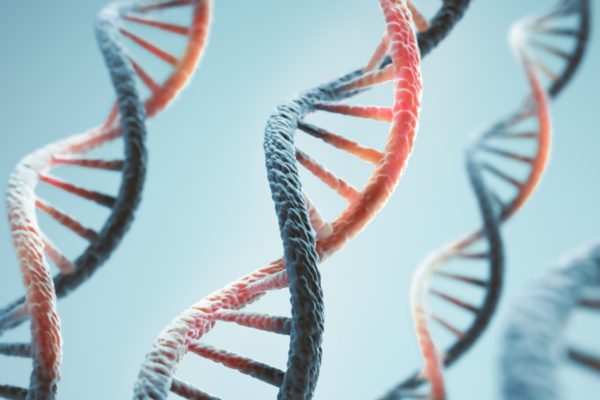
The researchers at Monash University, Australia, suggest that a significant proportion of patients with blood cancers have a weaker response against SARS-CoV-2 antibodies post three rounds of vaccination. Still, the vaccine may be protecting these patients against severe diseases. The finding of this study was recently presented at the ASCO Annual Meeting 2022.
SARS-CoV-2 infection can have significant consequences in patients with cancer. Therefore, it is crucial to study vaccines’ response and protective ability in such vulnerable categories of individuals. The Australian SerOzNET study has investigated vaccine response in patients with haematological malignancies.
The SerOzNET study enrolled 401 patients (median age, 58 years; 59% female) with either solid or haematological cancers (32%) from July-November 2021. The majority (94%) of the patients are on current or recent (<12 months) systemic therapy. This includes chemotherapy (43%), immunotherapy (16%), combined chemo/immune (10%) and hormonal or targeted therapy (29%). Patients were administered vaccines, and blood samples were taken for analysis at 0 and 3-4 weeks post-dose 1, 2, 3 and 4, respectively. Levels of neutralising antibodies against wild-type, delta and omicron variants, S-protein IgG antibody, T-cell response by levels of interferon-g, tumour necrosis factor-a, interleukins 2/4/5/13, and epigenetic profiling of T cells were measured.
During the interim analysis of the study, researchers found that only a few patients (3.2%) with solid tumours lacked antibodies against SARS-CoV-2; it was much higher (30%) in patients with haematological malignancies. However, T-cell response parameters were quite similar in both types of cancer.
The study demonstrates that many blood cancer patients lack protective antibodies against Sars-CoV-2 antibodies. Despite weak antibody response, these patients show T-cell response, which may protect against severe illness.
Reference